Research groups of DoSChem Focus Area A
Hans Flandorfer
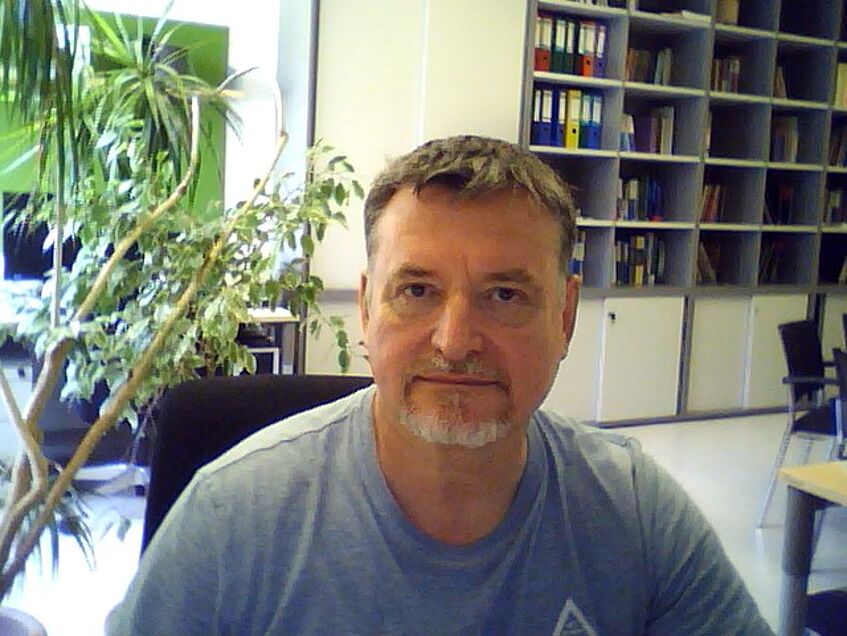
Hans Flandorfer
Research Areas: phase diagrams, thermodynamics, intermetallic alloys, solid state chemistry, Li-ion batteries
Freddy Kleitz
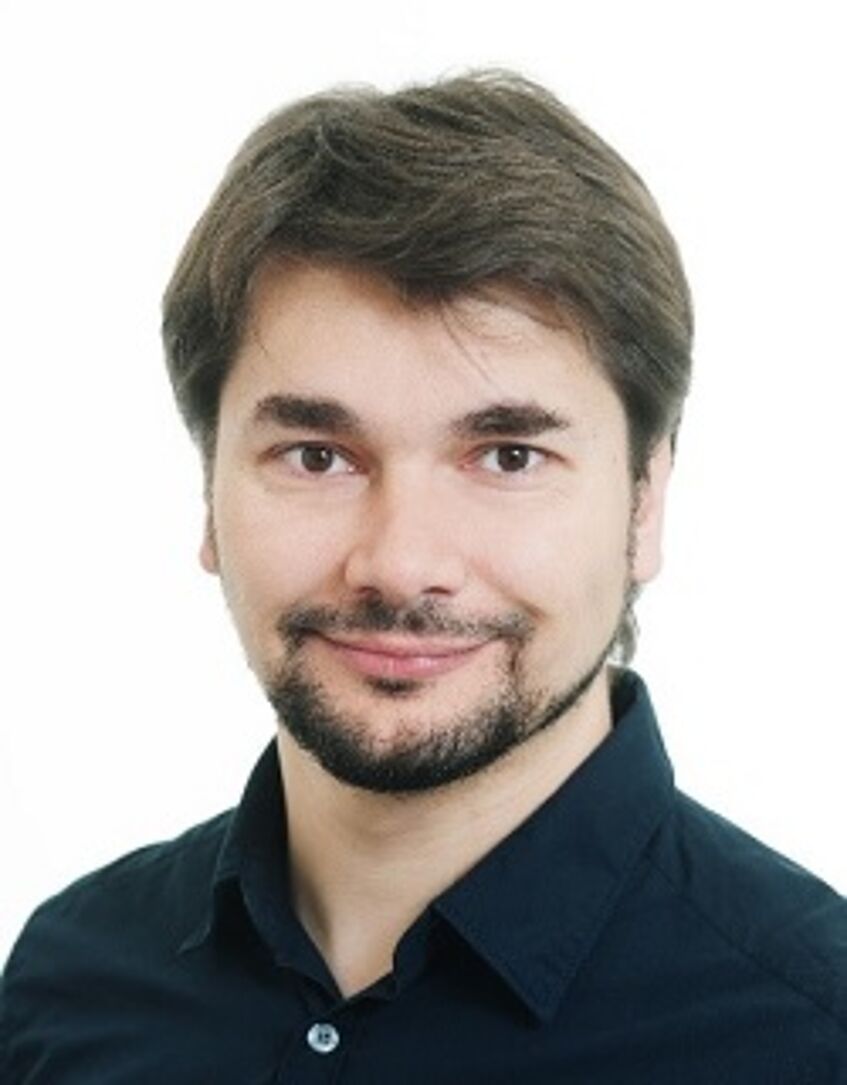
Freddy Kleitz
DoSChem steering committee member
Research Areas: design of functional nanoporous inorganic and organic-inorganic hybrid materials and their applications
Jia Min Chin
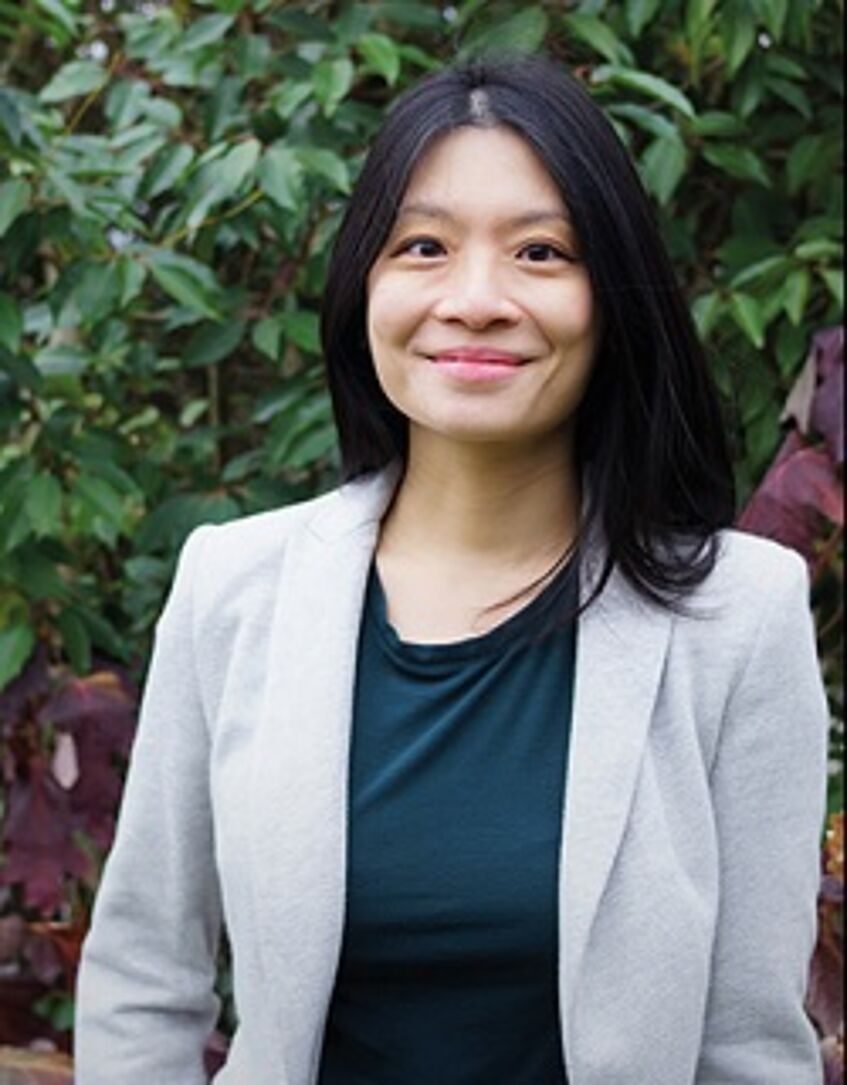
Jia Min Chin
Research Areas: Metal Organic Frameworks; Bio-inspired and multi-length scale structuring; Micro and nanocomposites; Energy materials
- Department
- Contact
- Personal Website
Klaus Richter
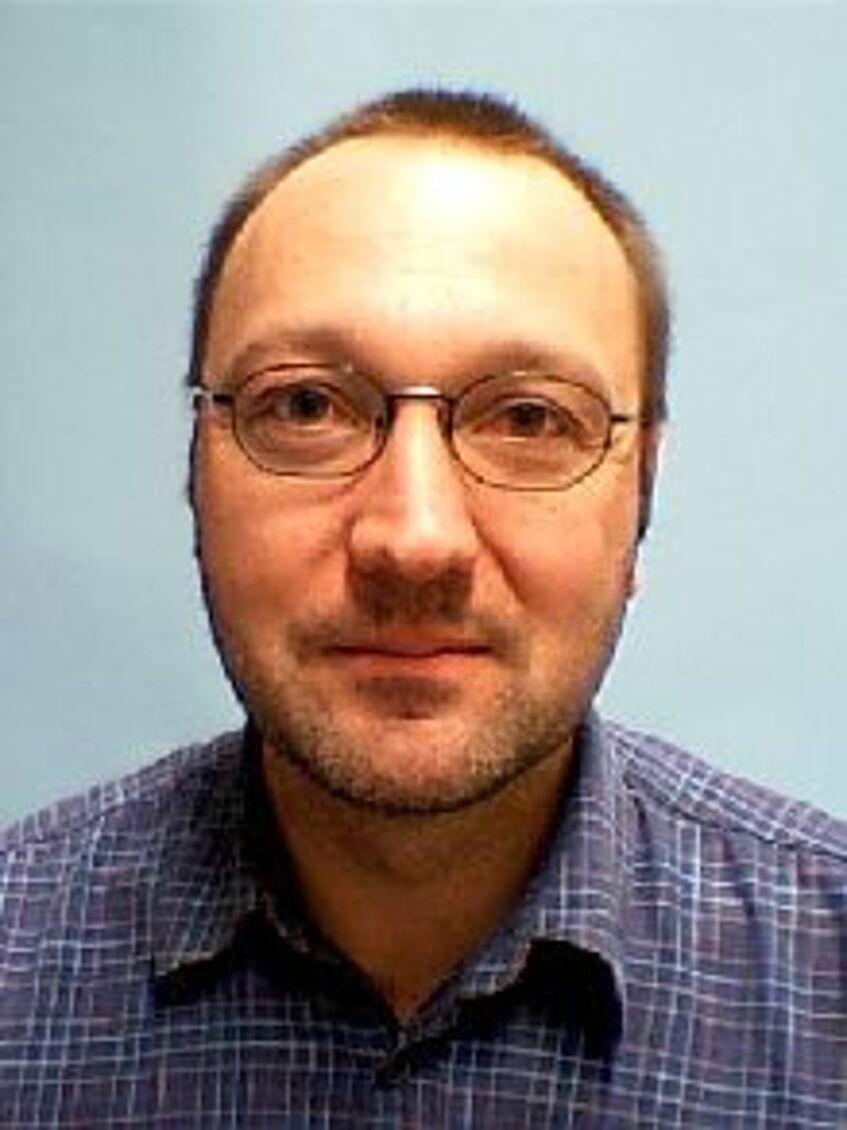
Klaus Richter
member of the Panel Organizing Board
Research Areas: structure and properties of intermetallic compounds, experimental determination of phase equilibria in complex multi-component systems and thermodynamic characterization of metal systems, including thermodynamic modelling
Stefan Boresch
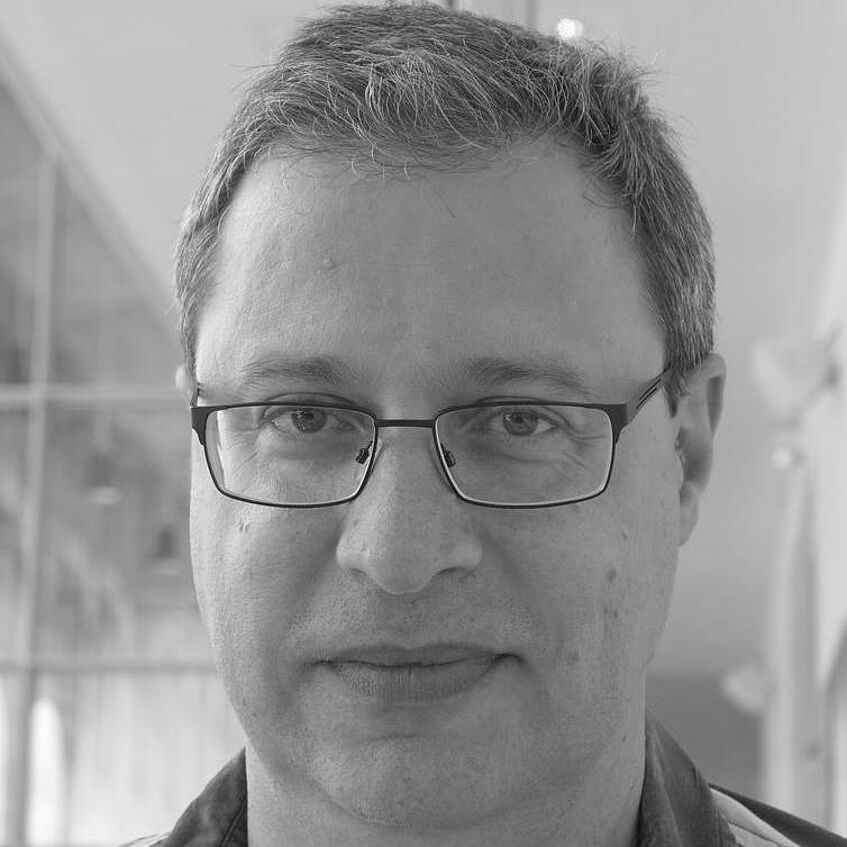
Stefan Boresch
DoSChem steering committee member
Research Areas: Computational Chemistry and Biological Chemistry with particular focus on molecular dynamics simulations of biomolecules, calculation of free energy differences with force fields and multi-scale models
Christian Schröder

Christian Schröder
Panel Contact Person
Research Areas: Computational spectroscopy; polarizable molecular dynamics simulations including proton transfer, ionic liquids
Christoph Flamm

Christoph Flamm
member of the Panel Organizing Board
Reasearch Areas: Theoretical chemistry
Leticia González
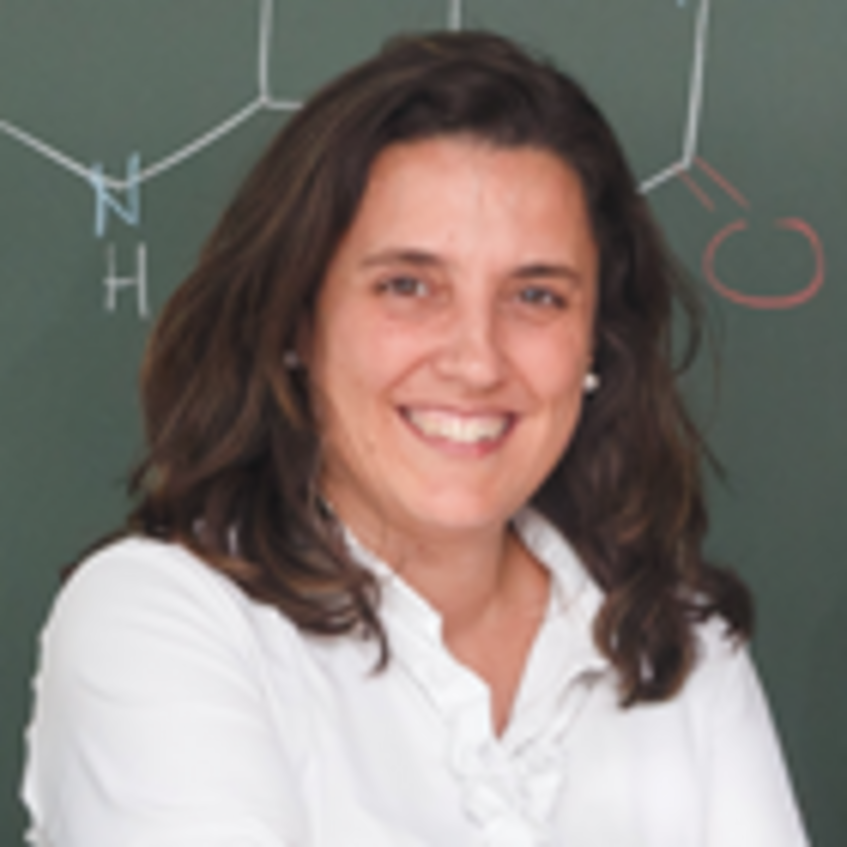
Leticia González
member of the Panel Organizing Board
Research Areas: quantum chemistry, nonadiabatic dynamics, photochemistry
Ivo Hofacker

Sebastian Mai

Sebastian Mai
adjunct PI
Research Areas: Excited-state quantum chemistry, nonadiabatic dynamics, simulation of electromagnetic radiation
Alexander Bismarck
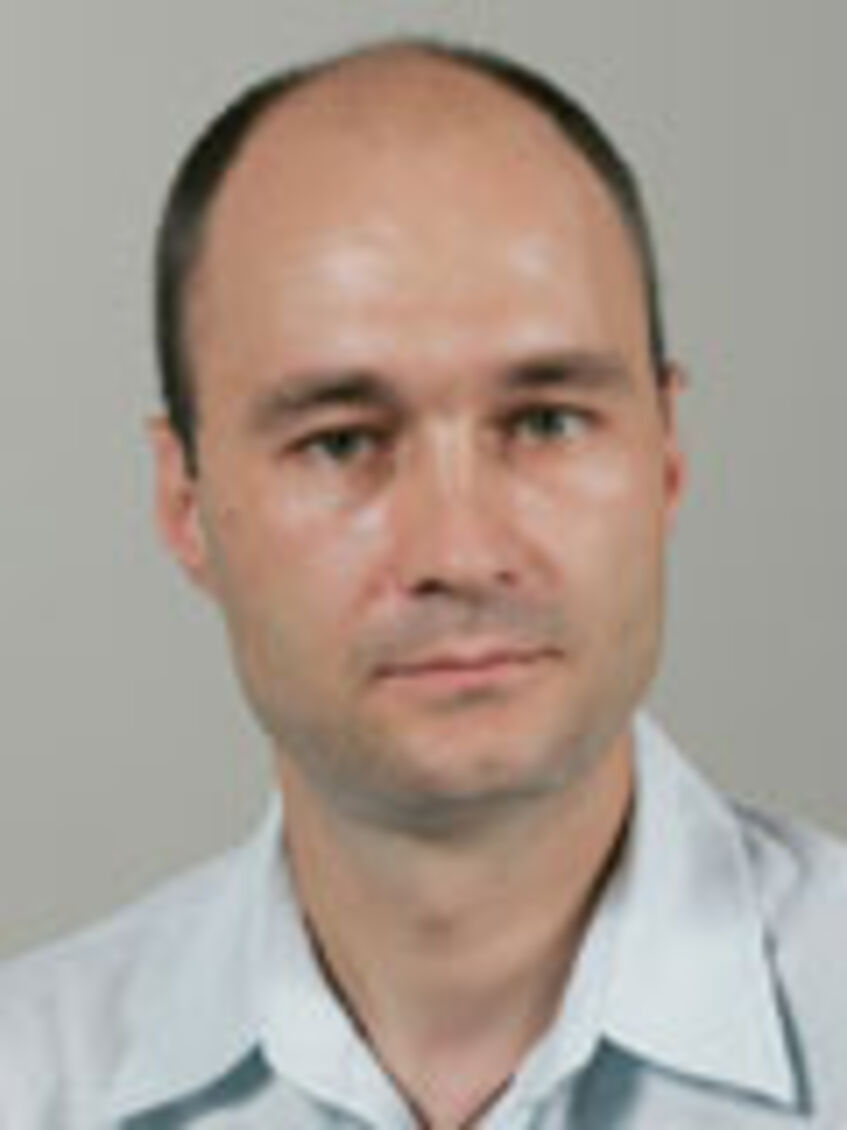
Robert Woodward
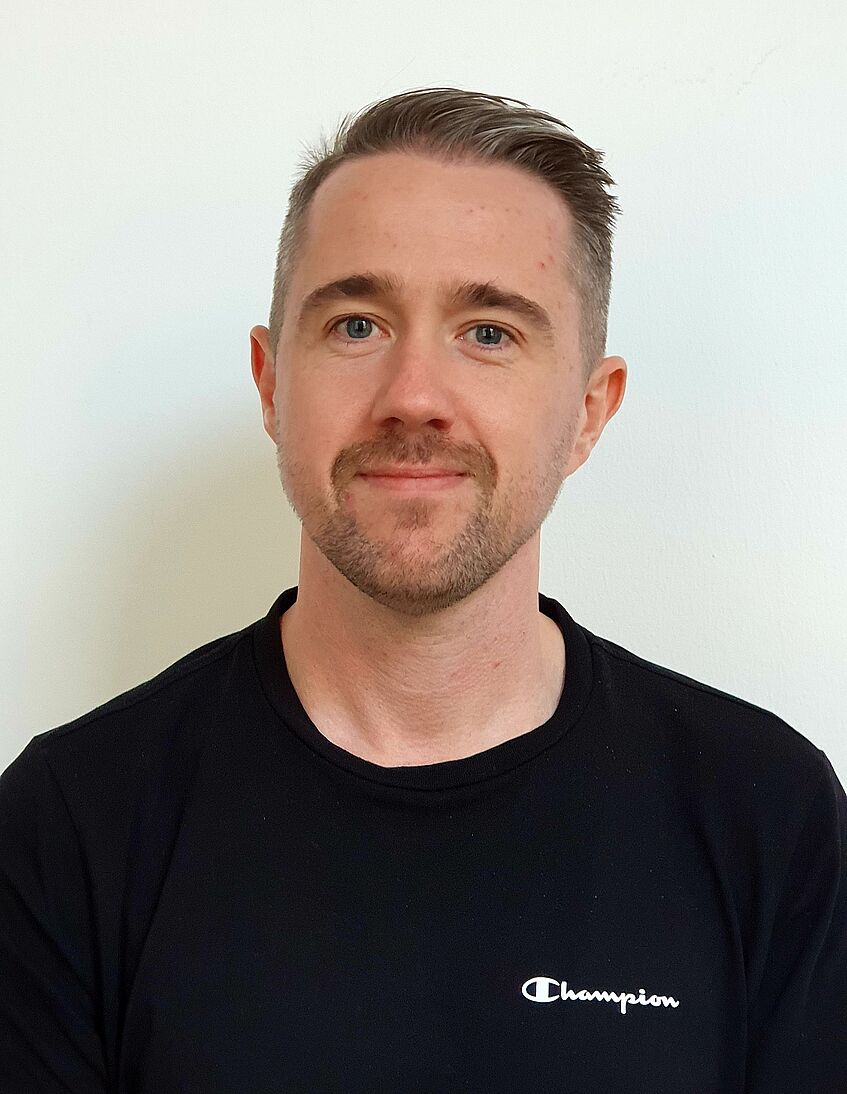
Robert Woodward
Research Areas: Design, production, and implementation of new porous organic polymers
Bojan Zagrovic
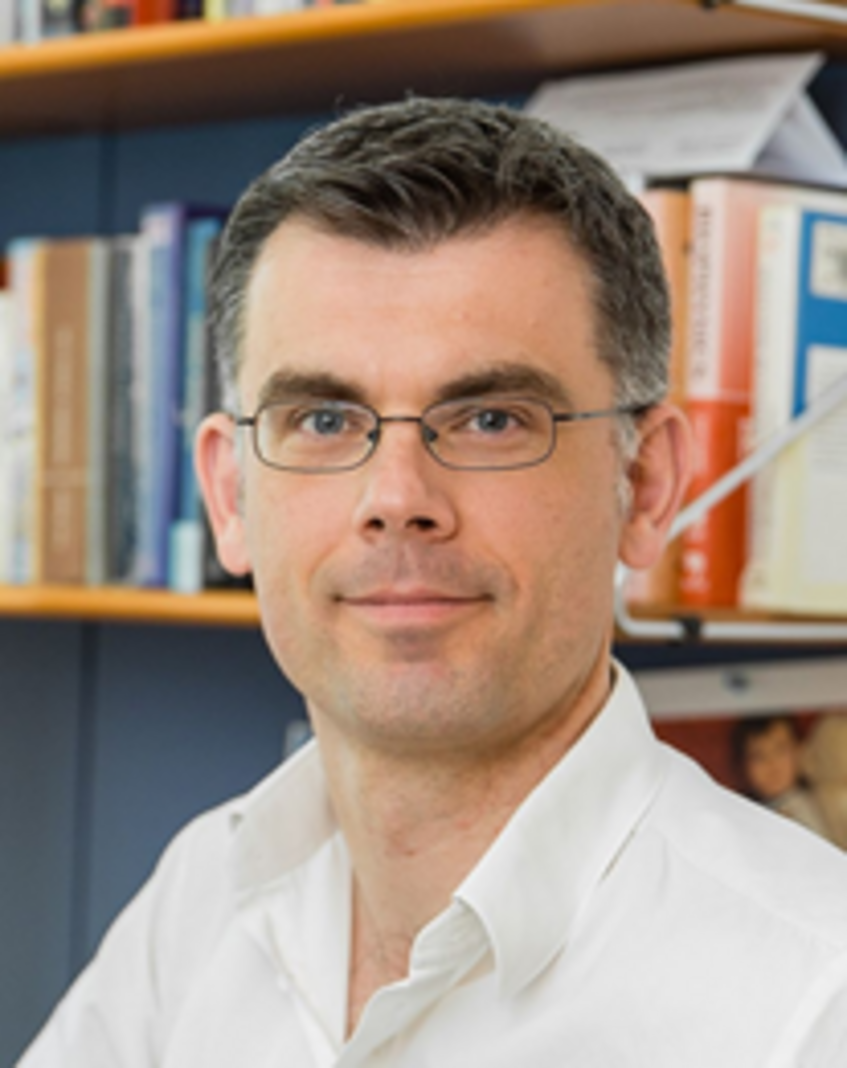
Bojan Zagrovic
Research Areas: RNA-protein interactions, computational biophysics, molecular dynamics simulations, configurational entropy and free energy calculations, physicochemical bioinformatics
Ellen Backus
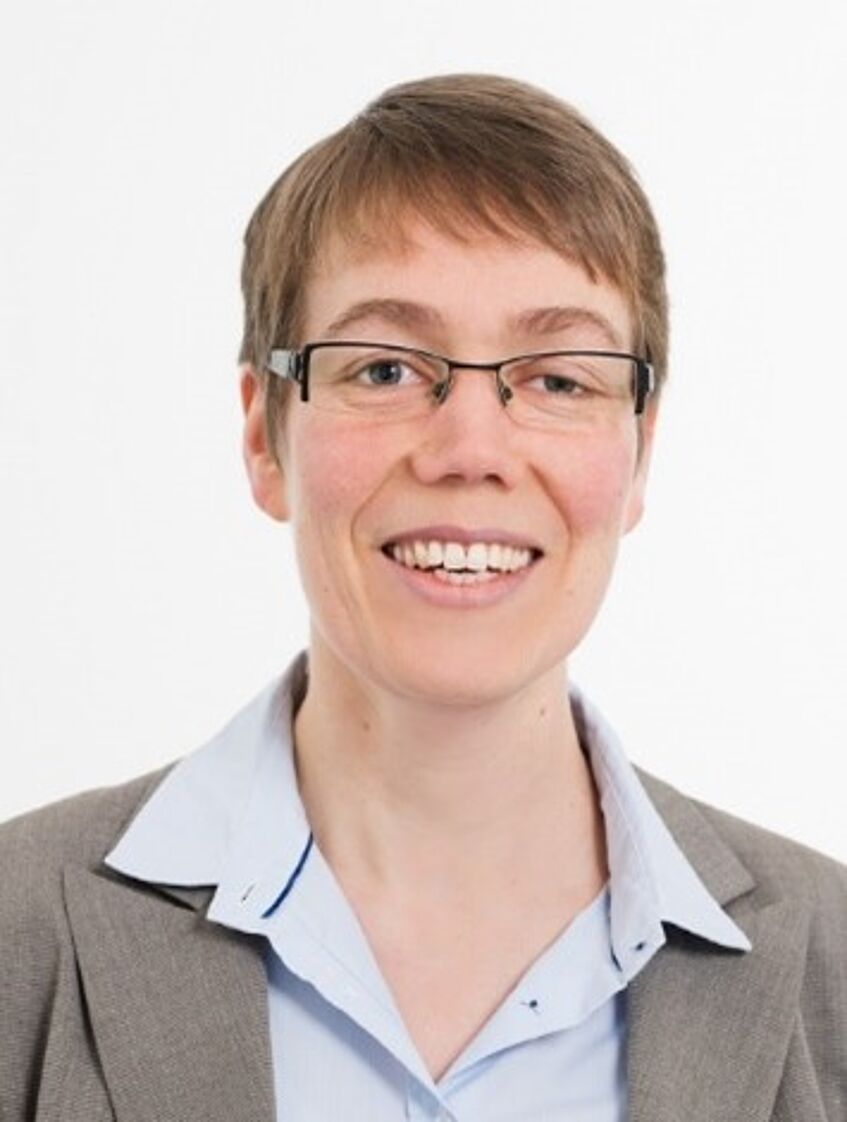
Ellen Backus
member of the Panel Organizing Board
Research Areas: structure and dynamics of condensed matter; nonlinear optical spectroscopy; time-resolved and multidimensional spectroscopy
Peter Lieberzeit
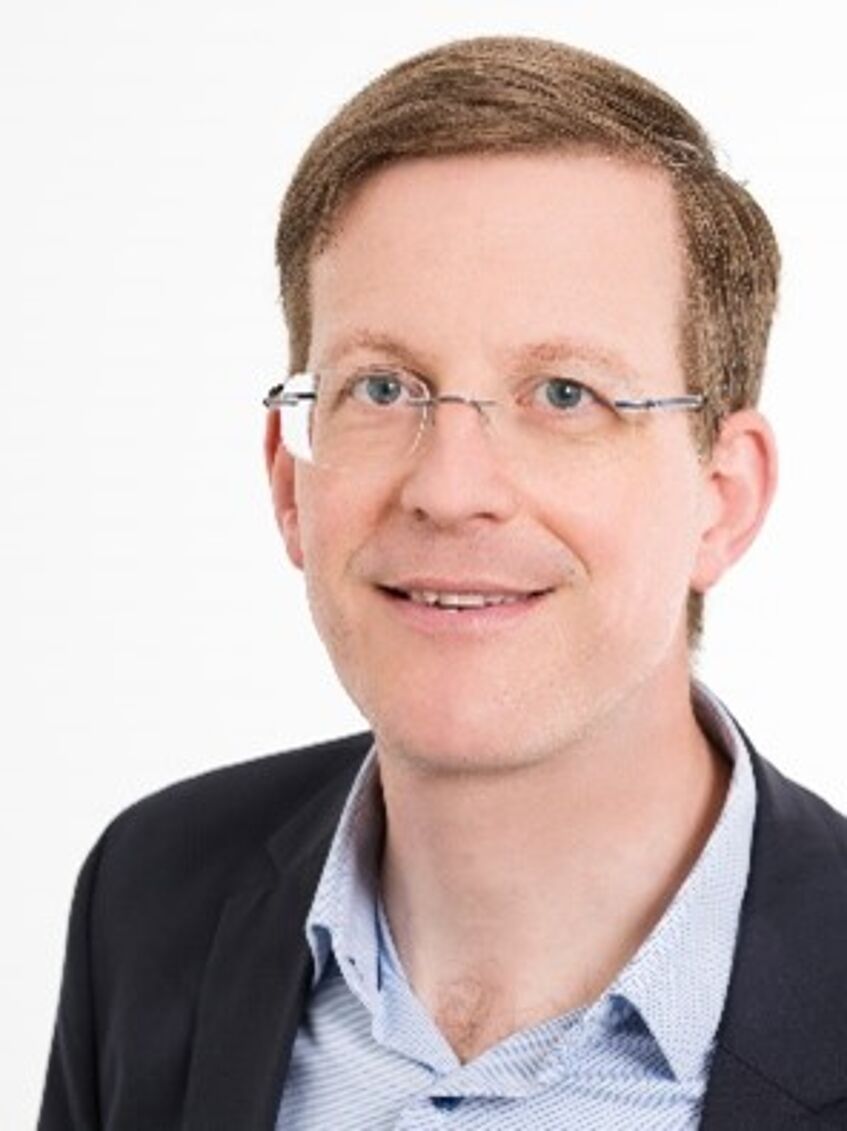
Peter Lieberzeit
DoSChem steering committee member
Research Areas: Chemical sensors, biomimetic materials, self-organization, artificial recognition, mass-sensitive sensing, electrochemistry, AFM, Raman microscopy
